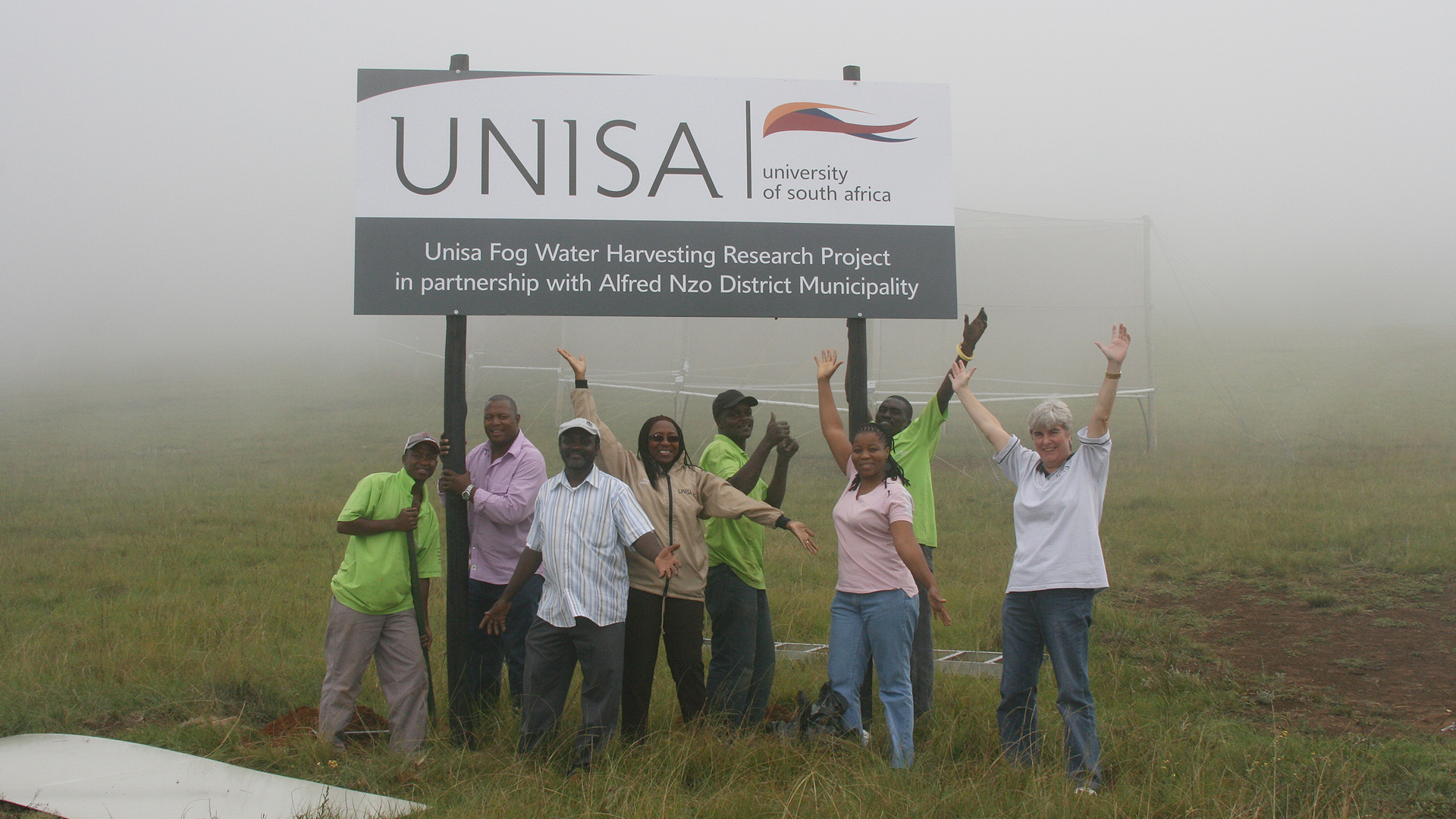Throughout South Africa’s history, traditions of informal education have arisen outside official educational institutions and often without explicit self-recognition as educational endeavours. The very act of participating in, say, a stokvel (informal savings club) provides the typically working-class, not necessarily literate participant with an education in finance and investment — sometimes even to the level of detailed stock-exchange analysis. At Unisa, such informal institutions have increasingly been studied to identify effective practices for learning and empowerment across communities.
Vacation schools run by Unisa took education to communities — albeit on a racially segregated basis — even at the height of apartheid. In recent years, Unisa has instituted a strong Community Engagement and Outreach Policy and made strides towards community engagement across both the human sciences and the ‘hard’ sciences. In Thembelihle township, Lenasia, for example, Unisa’s Institute for Social and Health Sciences is collaborating in a project to recycle waste into a synthetic fuel that will help meet the community’s energy needs. Unisa’s ‘Chance 2 Advance’ community outreach programme boasts more than 50 initiatives and has reached over 50,000 participants from 100 communities nationwide.
The Adult Basic Education and Training Unit (ABET) is launched in 1995 under Professor V.I. McKay. By 1999 15,000 learners were enrolled in ABET courses. In 2000 the unit comprised 200 tutors and over 20,000 ABET practitioners.
Unisa also operates the specialised ‘Directorate: Community Engagement and Outreach’ that assists community initiatives across all colleges and departments.
